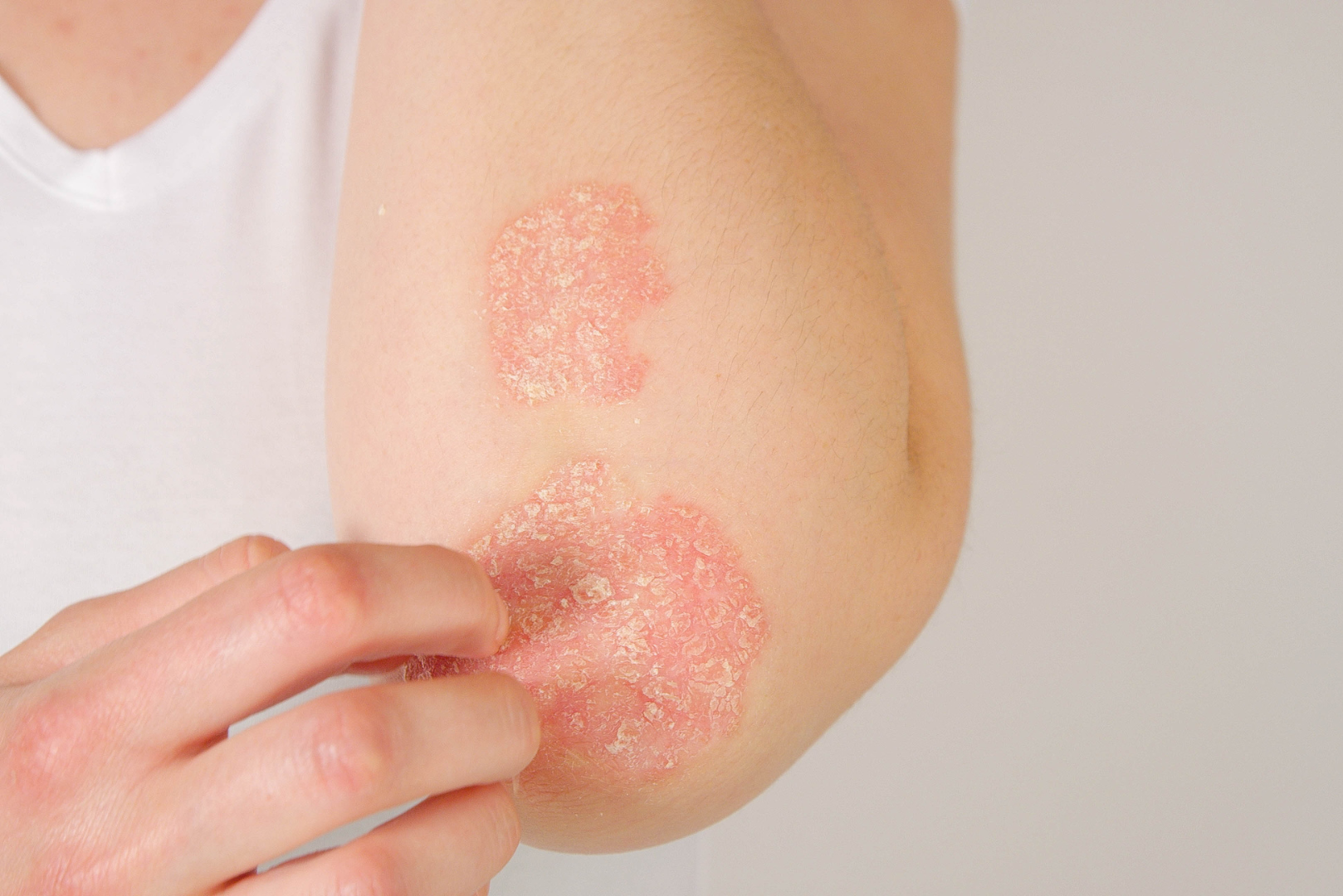Psoriasis & Vitiligo – Causes, Symptoms, and Treatments
At Western New York Dermatology, we understand the complexities and challenges of managing skin conditions like psoriasis and vitiligo. We’re committed to providing comprehensive care and effective treatments to help our patients achieve healthier skin. Below, you’ll find detailed information regarding the causes, symptoms, and treatment options for psoriasis and vitiligo.


